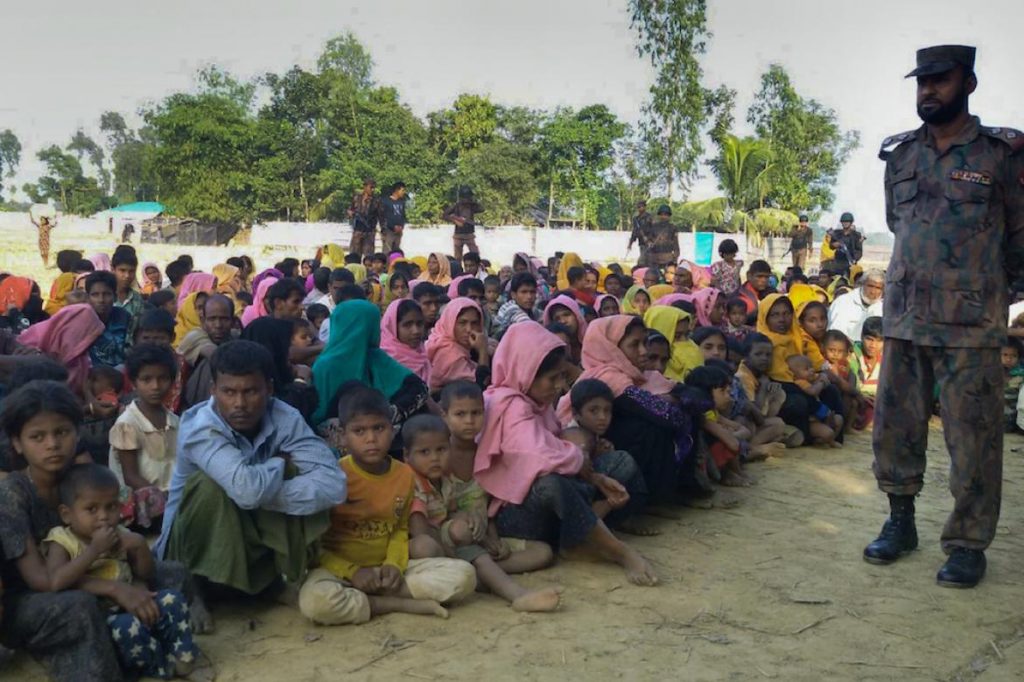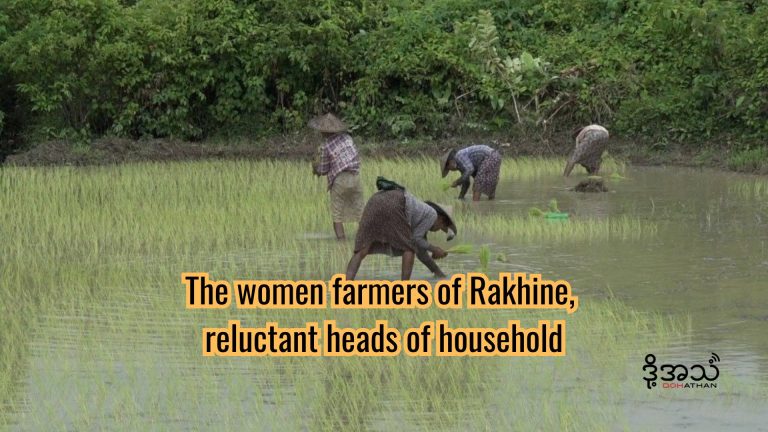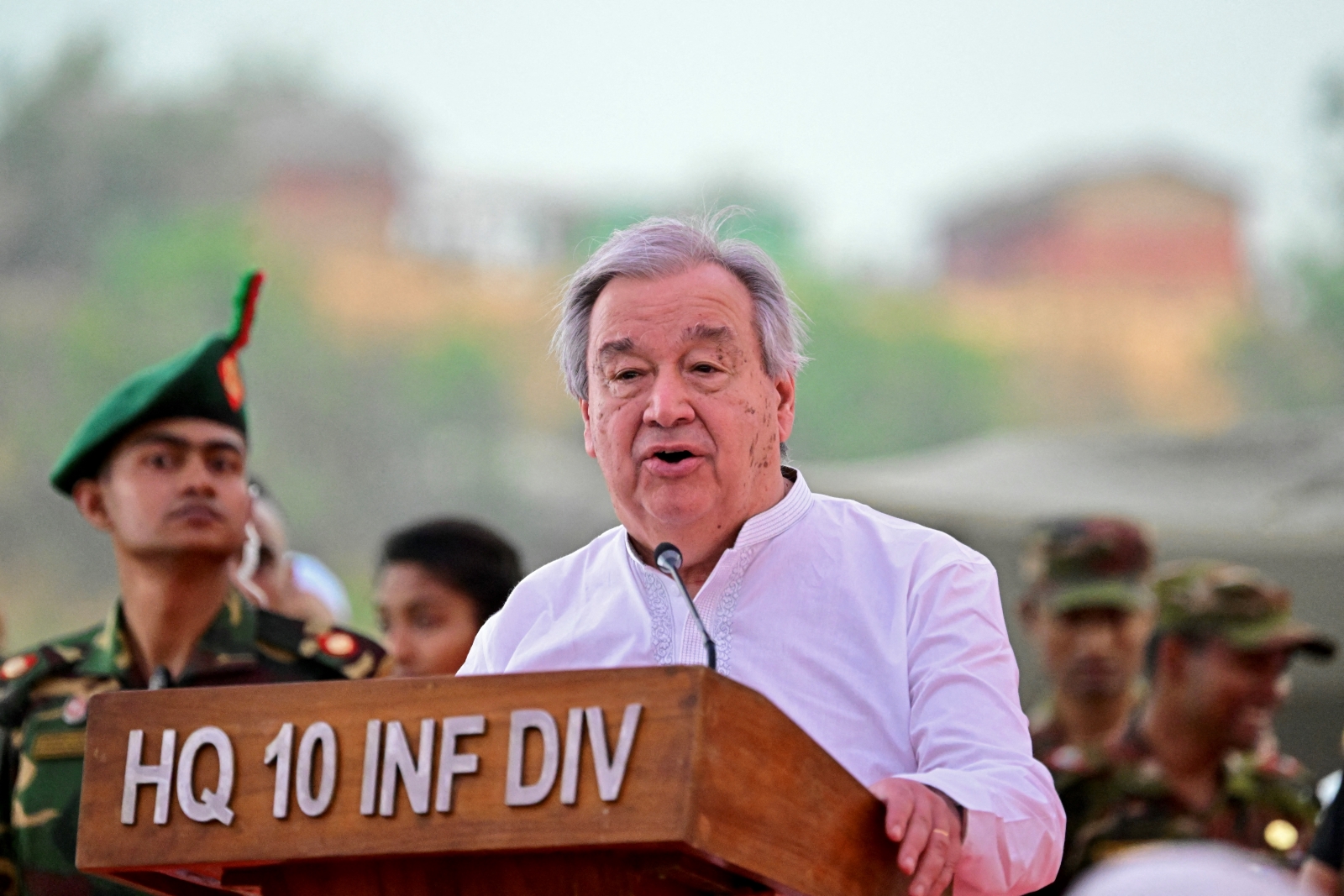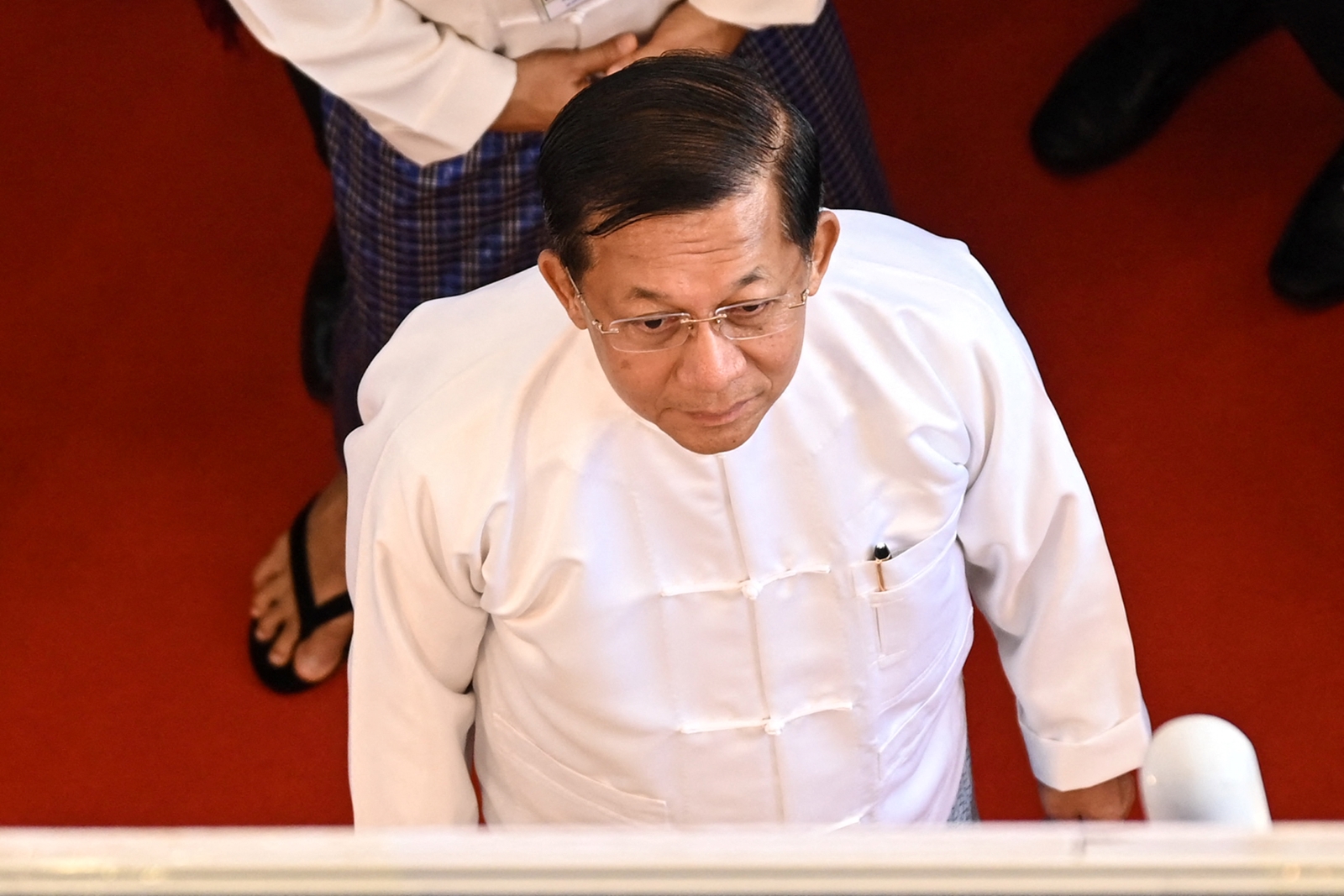YANGON — The government-led commission probing violence in Rakhine State on Wednesday denied security forces had abused members of the Rohingya community, days after a video emerged showing police beating civilians from the Muslim minority.
Tens of thousands of Muslims in northern Rakhine State, many of whom identify asd Rohingya, have fled a military operation in Maungdaw District, launched after an insurgent group launched deadly attacks on police posts in October.
Dozens have died in the crackdown, while escapees now in neighbouring Bangladesh have alleged rape, arson, murder and torture at the hands of security forces.
Myanmar’s government has consistently claimed the allegations are made up and has resisted mounting international pressure to act to protect the minority.
On Wednesday, a commission set up to investigate the violence released its interim report dismissing claims security forces had carried out abuses or has embarked on a campaign to force the Rohingya out.
Support more independent journalism like this. Sign up to be a Frontier member.
The size of the “Bengali” population, mosques and religious buildings in the unrest-hit area “are proof that there were no cases of genocide and religious persecution,” it said in a statement carried in state media.
Myanmar refuses to recognise the Rohingya as one of the country’s ethnic minorities, instead describing them as Bengalis — or illegal immigrants from neighbouring Bangladesh.
The commission, headed by a former army general until recently on a United States economic sanctions list, also found “insufficient evidence” of rape and was still looking into claims of arson, illegal arrests and torture of the Rohingya.
Legal action has been taken against 485 civilians, it said, without giving further details.
The statement comes days after the government detained four police officers over a video shot by a fellow policeman that shows them beating and kicking Rohingya villagers, a rare admission of abuse.
More than 120,000 have been trapped in squalid displacement camps since sectarian violence erupted in 2012, where they are denied citizenship, access to health care and education.







